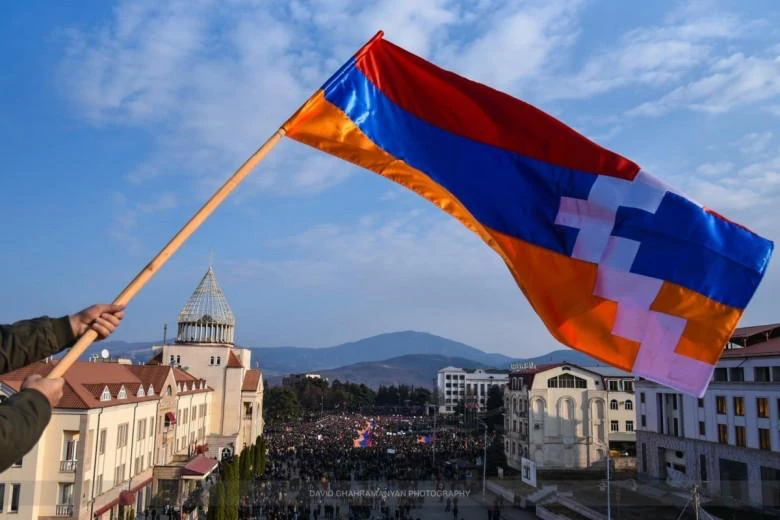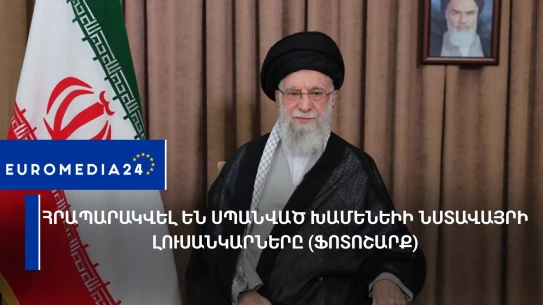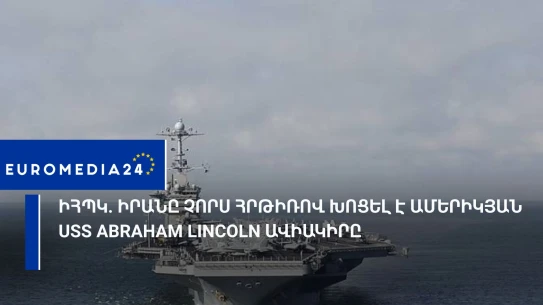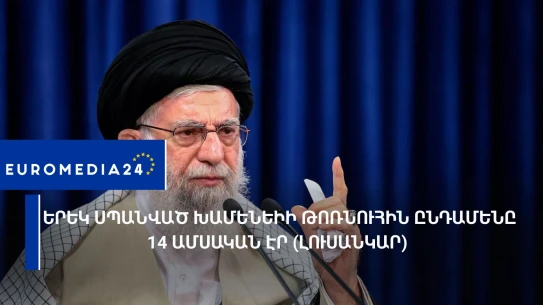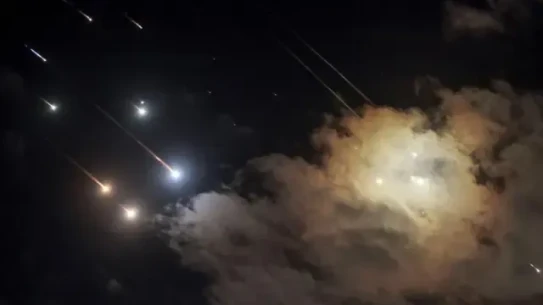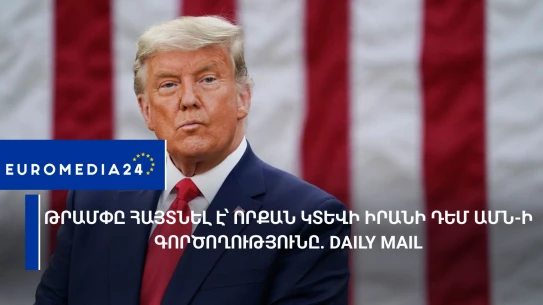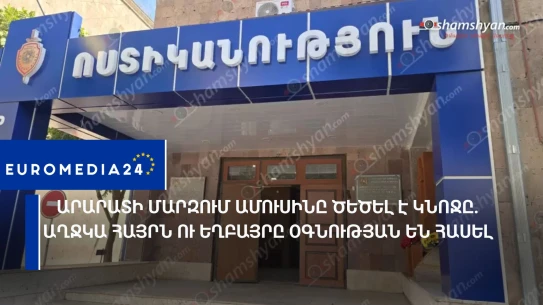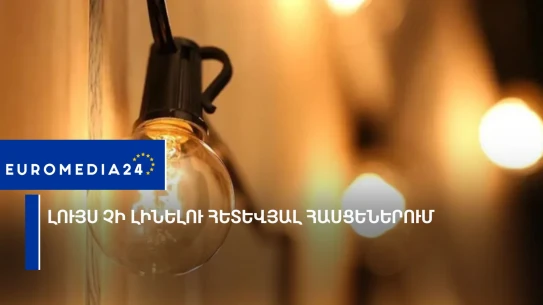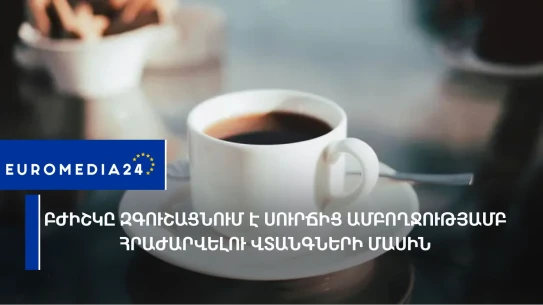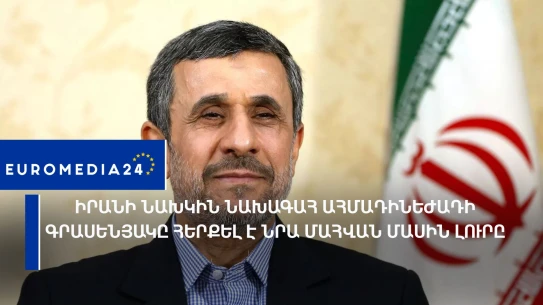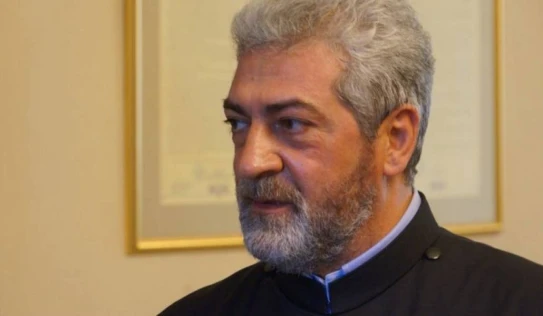"Fact" daily writes:
From time to time, during discussions on different platforms, one can hear an expression that the issue of Artsakh is not closed. Moreover, that phrase is often accompanied by exhortations to do this, to do that, so that it becomes clear to everyone that the issue is not closed. It is necessary, we will not argue or dispute. it is necessary to act continuously, to be active, at every opportunity, even by creating an opportunity, to raise the issue in all possible internal and external platforms.
It goes without saying that the so-called "power of the day" will not and does not do this. The "power of the day", in the person of Nikol Pashinyan and his CP, absolutely agrees with the arch-enemies of Armenia and Armenians, Azerbaijan and Turkey, Aliyev and Erdogan, respectively, that, that's it, the issue of Artsakh is closed. There is no Armenian Artsakh, there are no Armenians in Artsakh, so there is no question of Artsakh either. But Armenians, both collectively and with their political, party, social and national structures, do not think so. Only the Pashinyans think so, those who are fighting for the so-called "real Armenia", or those who, by making a deal with their conscience, are the beneficiaries of the Pashinyan government, in the most literal sense of the word.
But it's not about them. And the point is that the Artsakh question itself is a constituent part of the "Armenian question", if not said, it is a direct radius. And, as such, that issue can be considered "closed" either after a solution is obtained, or after the "Armenian issue" is also closed, that is, what both Turkey and Azerbaijan, as well as today's Armenia, strive for. authorities. In short, as long as the "Armenian issue" is not closed, the Artsakh issue is not closed either. The so-called "Artsakh issue" is, in a certain sense, a consequence of the Armenian Genocide.
Moreover, in the first half of the 20th century, in the first half of the 20th century, specifically in 1920, a genocidal crime took place in the territory of Artsakh, which is known in historiography as the "Shushi massacres" and refers to 1920. March 22-26 massacres in Armenian Shushi, during which around 20 thousand Armenians were massacred. We are sure that many people are familiar with the main episodes of historical events and the tragic course of events, so let's just remind that the so-called "Artsakh problem" did not arise yesterday, nor was it the first day. And although in the past decades, many people wanted to consider the "Artsakh issue" closed, as they considered the "Armenian issue" "closed", but it was not and is not so.
Even under the conditions of the Soviet Union, the issue was simply "dormant", although various leaders of Soviet Armenia always raised it. It was more than clear that this issue flared up again along with the collapse of the USSR. The enemy again resorted to genocide with the aim of depopulating Artsakh, but in the 90s we managed to resist and win (atonement, at that time Nikol Pashinyan was only 14-15 years old...). Well, what is the "Armenian question"? What is the condensed content of that question? If it is very simple, it is the natural and inalienable right of a people, a nation, to live and create in its own thousand-year-old cradle, on its own land, in its historical homeland, to manage its own destiny by its own will. That right was taken away from millions of Armenians as a result of the Armenian Genocide, that right was and is being taken away from the Armenians of Artsakh, even nowadays, as they say, in front of the eyes of the "civilized world".
Technologies have changed, telegraph has been replaced by the Internet, but the picture is the same, by the way. In the scope of the great inclusion of time, peoples either protect and stand up for their rights, or disappear, disappear from the arena of history, from the face of the earth. In other words, our nation must either be able to resolve its issue, take possession of its rights, or put up with the disappearance, loss-disappearance of everything. Let's focus on whether the issue of Artsakh is closed or not. It is not closed and cannot be closed as long as there are people, our compatriots, who literally lived in their homeland 1-1.5 years ago. The issue is not closed as long as there are people who fought for the liberation of that homeland and defended it. As long as there are people who lost their dearest son, brother, father, grandfather for the sake of the existence of that part of the Motherland. In short, as long as the memory of the homeland is fresh, the issue of Artsakh is not closed.
And the Pashinyan government also understands this very well, which specifically makes sure that our compatriots who were forcibly displaced from Artsakh, who were practically ethnically cleansed, live as isolated as possible, do not live together in one or two specific places, being cut off from each other, deprived of non-virtual communication in their dialect, their from preserving traditions as much as possible. In the same way, it is not accidental that the unwillingness, munnat, and ostracism of our compatriots of Artsakh is shown. It is no coincidence that the Pashinyan government has adopted such an approach that as many Artsakh residents as possible want to leave Armenia as well.
Manifestations of sowing internal enmity and hatred against the Armenians of Artsakh through a high-ranking representative of the government are not accidental. People who have kept their groundwater, their identity for thousands of years... have been turned into beggars of benefits. All of that is aimed at removing Artsakh residents from Armenia and "closing the Artsakh issue" to that extent, so to speak. But it is also obvious that after getting rid of this government, the national government that will be formed after liberation will once again open the "Artsakh issue" folder.
Ultimately, genocide was committed. And it will pass just like that, right? All this is much better understood by our age-old enemy, who for this very reason, through the "Pashinyan" power-bonus he won, strives to close the very "Armenian issue" tomorrow, the next day, this time successfully.
ARMEN HAKOBYAN
















